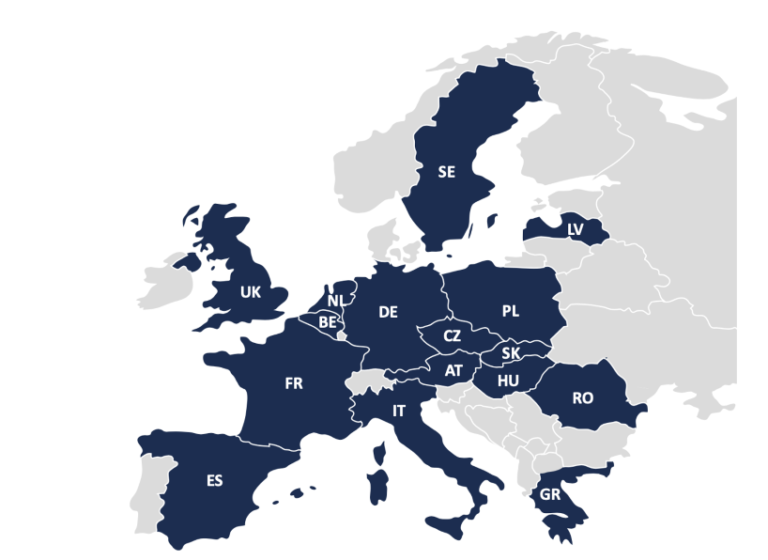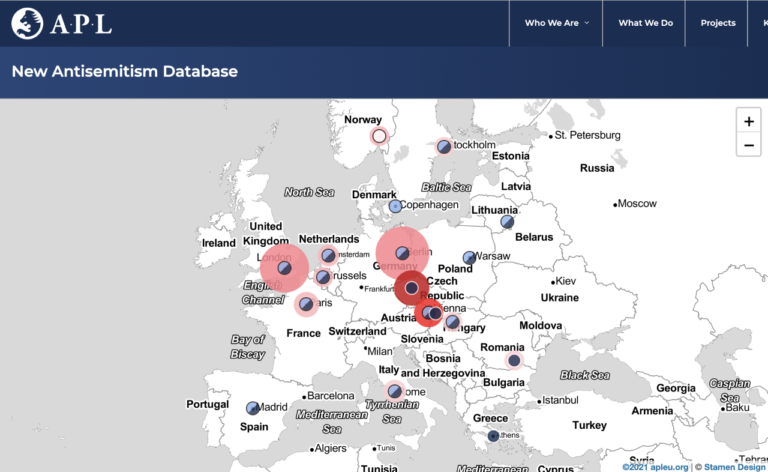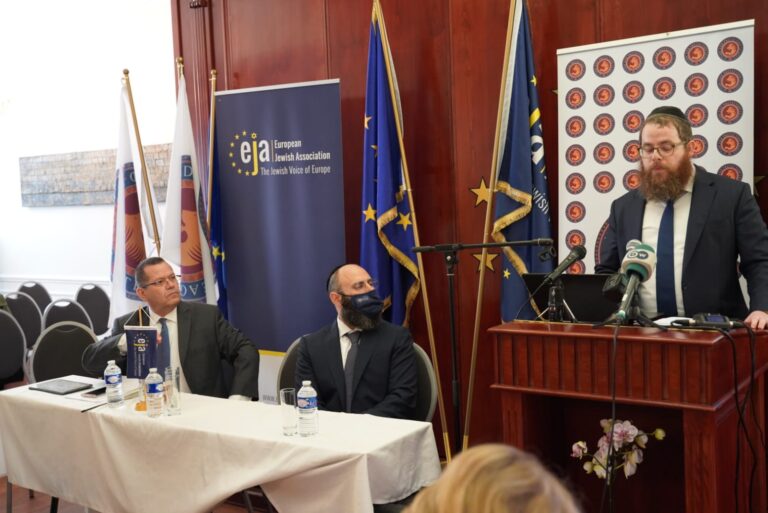A confidential report by a team of US and Israeli intelligence veterans on behalf of lawyers for the families of Hamas’s victims contends that Qatari funding and policies led directly to October 7. Therefore, Qatar should not be allowed to continue to serve as a key mediator in the Gaza conflict, especially as regards the hostage negotiations.
Based on the data compiled by the investigators from multiple English, Arabic, and French sources within the Middle East, Europe and the US, the investigators revealed that “Qatar operates not as an independent mediator as it claims, but benefits directly from the bloodshed and geopolitical fallout and unrest that result from its policies.”
The “Doha-Gaza Alliance at all levels — financial, political, and military — has resulted in the current regional upheaval, the impact of which is being felt worldwide,” the report claims, adding that Qatari funding and policies led directly to October 7.
Therefore, the report argues that Qatar should not be a key mediator in the Gaza conflict. The authors also argue that although the US has known about Qatar’s malign activities for years, it has failed to strategically act on them. This has allowed Qatar to advance policies that are harmful to the interests of the United States and its allies in the Middle East and beyond.
The report claims that Qatar has been fully aware and supportive of Hamas military activities and strategy for over a decade, arguing that the majority of the funding sent to Gaza by Qatar was assisting in “Hamas’s terror infrastructure, weapons, and training.”
Besides significant financial funding to the Muslim Brotherhood, Quater allows its military and political leaders to operate freely in Qatar, even though many of them are being sanctioned elsewhere. Despite its claims that it is funding “welfare” projects, Qatar is perfectly aware that the money supports Hamas’s terrorist activity, the authors say. They also stress that it is part of Qatar’s “scheme” to build a positive image in Europe and the US, and it has invested billions of dollars into this, supporting sports and academic sectors, as well as lobbying and media campaigns.
The US has “on multiple occasions demanded Qatar halt support for these groups.” Nonetheless, Qatar “has refused to back down.” Besides funding these groups, Qatar lets them utilise financial institutions in the country; hence, these groups can avoid US sanctions. “Large-scale money laundering also appears to be taking place by these groups with the knowledge of the Qatari authorities.”
The report stresses that Qatar’s “symbiosis” with Iran and its support for militant and terror groups such as the Muslim Brotherhood and Hamas deeply harms the interests of the United States and its allies such as Israel, Egypt, Saudi Arabia, Jordan, and the United Arab Emirates. Moreover, it negatively impacts America’s own critical interests.
The report elaborates, “The negative impact of the Qatari-Muslim Brotherhood nexus to US policy interests includes bloodshed, unrest, and instability in a wide range of locations, most immediately in the Middle East and Africa.” Local conflicts have far-reaching consequences for US policy beyond the region, with “Russia and China oftentimes appearing to be the main beneficiaries of the instability these conflicts have created.”
Nevertheless, the authors stress that the major influence of Qatar “stems from its role as mediator/arbiter between Iran and the West. And while Qatar’s terror financing has largely been ‘excused’ on the grounds that it serves as an intermediary between the United States in its efforts at rapprochement with Iran. However, the authors of the report claim that the Qatar regime has, in fact, been “a major destabilising factor,” as Qatar does not operate “as an independent mediator”.
The report concludes that “continuing to allow Qatar to act as a key mediator in the Gaza conflict is mistaken. Any role in mediation, including in negotiations over the American, Israeli, and other hostages being held by Hamas, must be limited and viewed in the context of Qatar’s historic and continued support for Hamas’s military infrastructure, operations, and strategy.”







